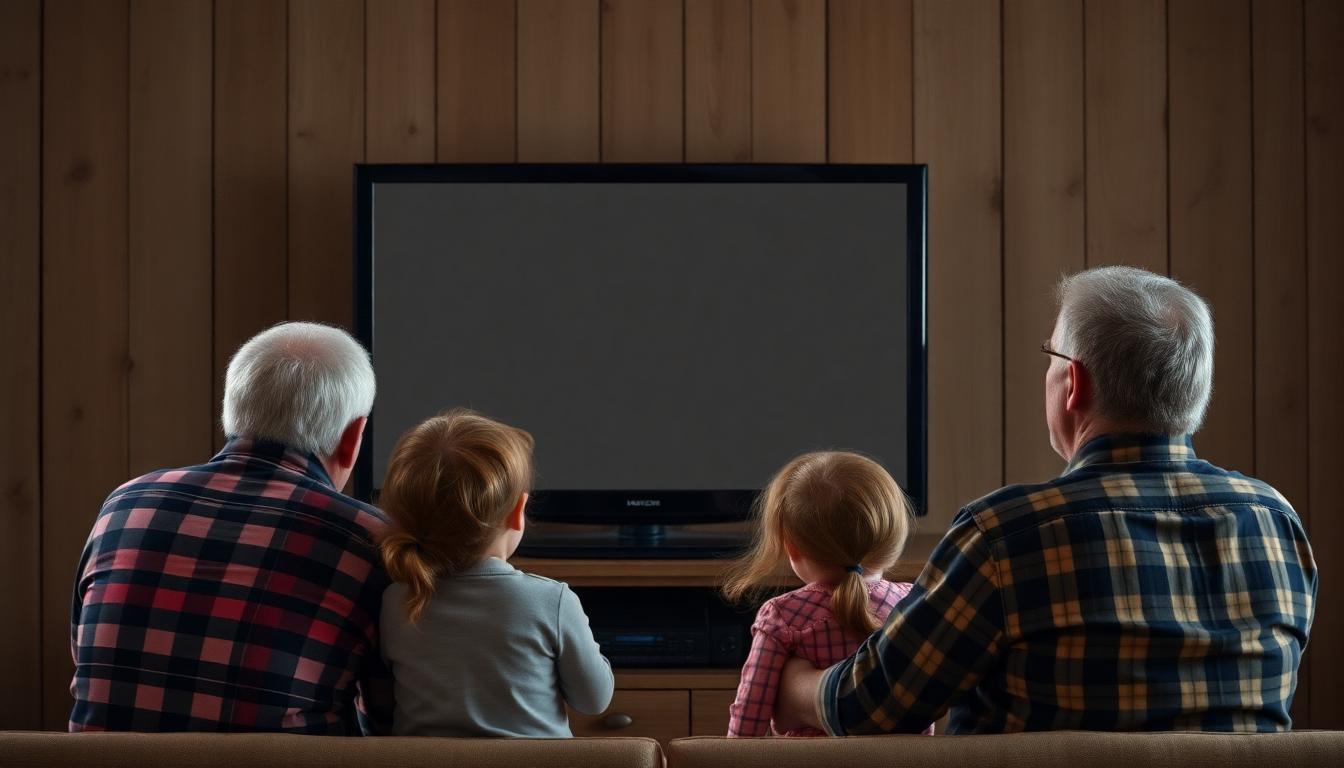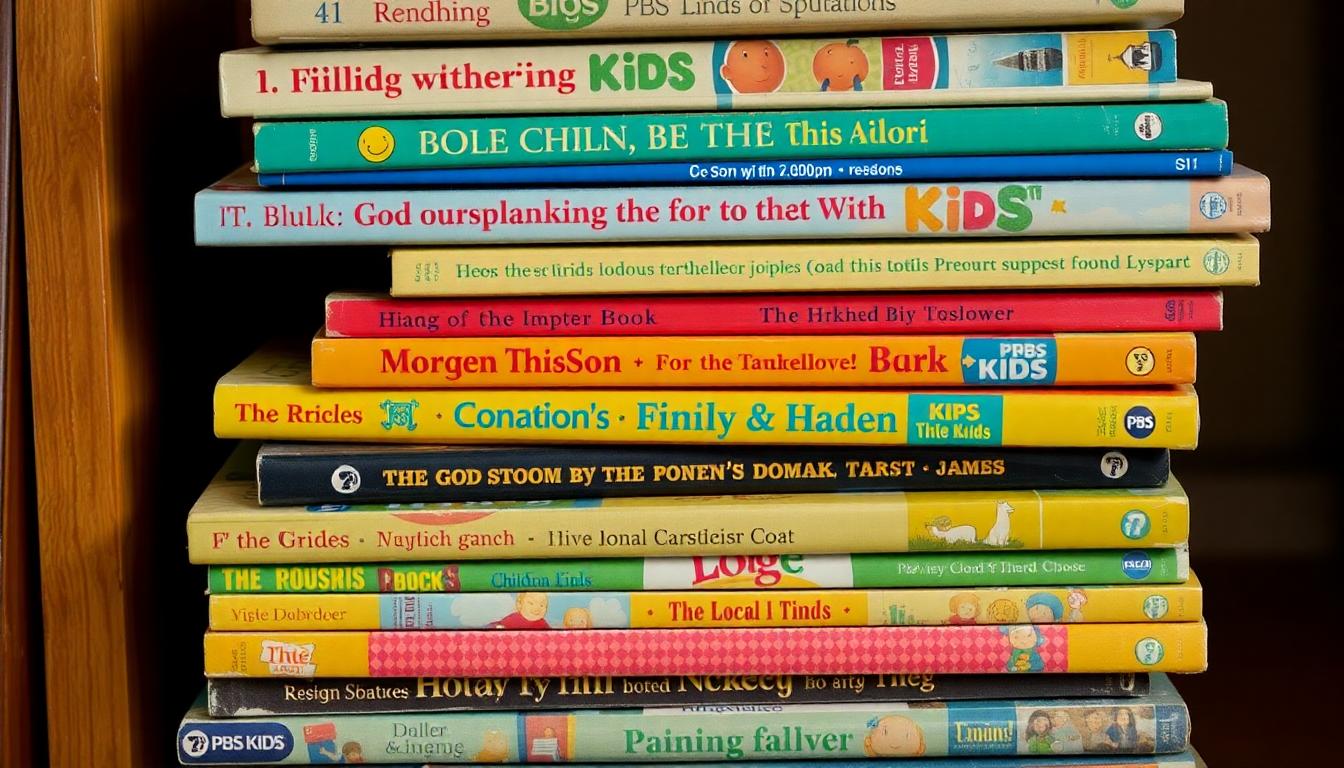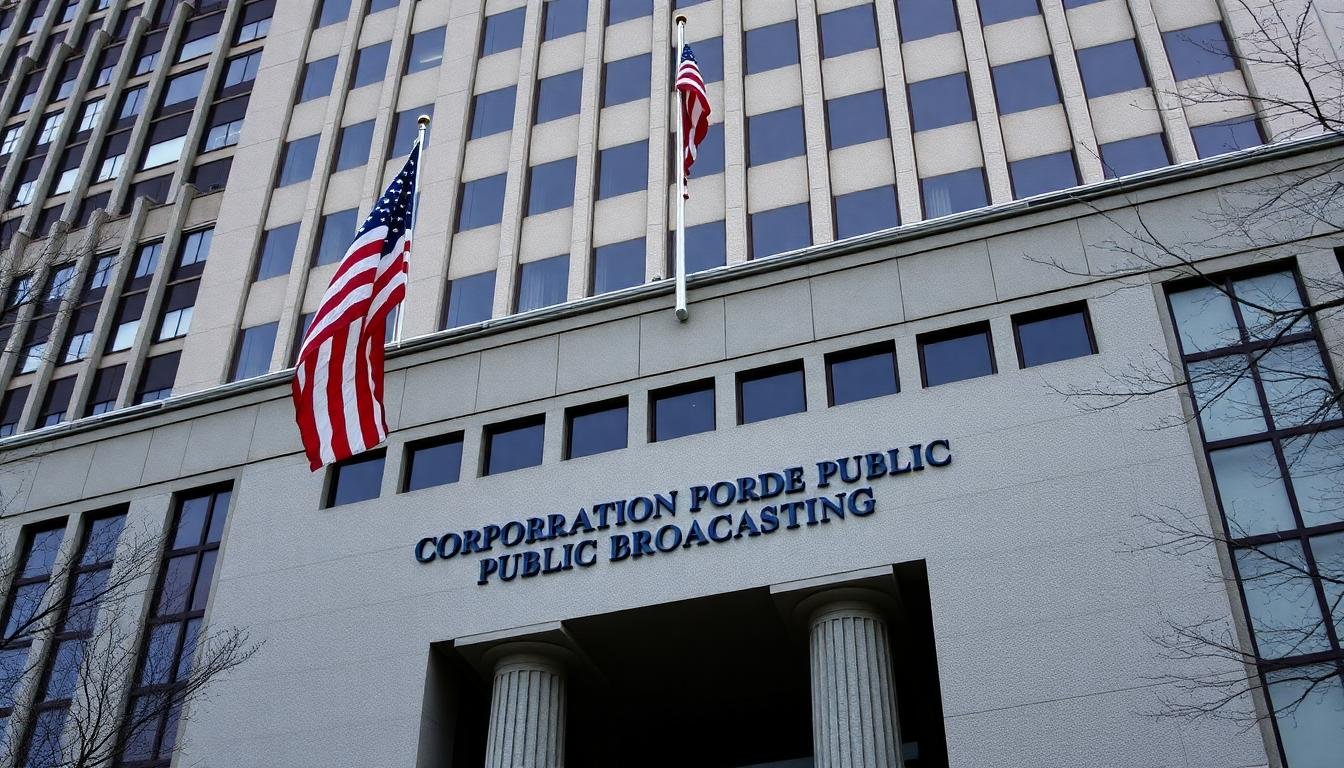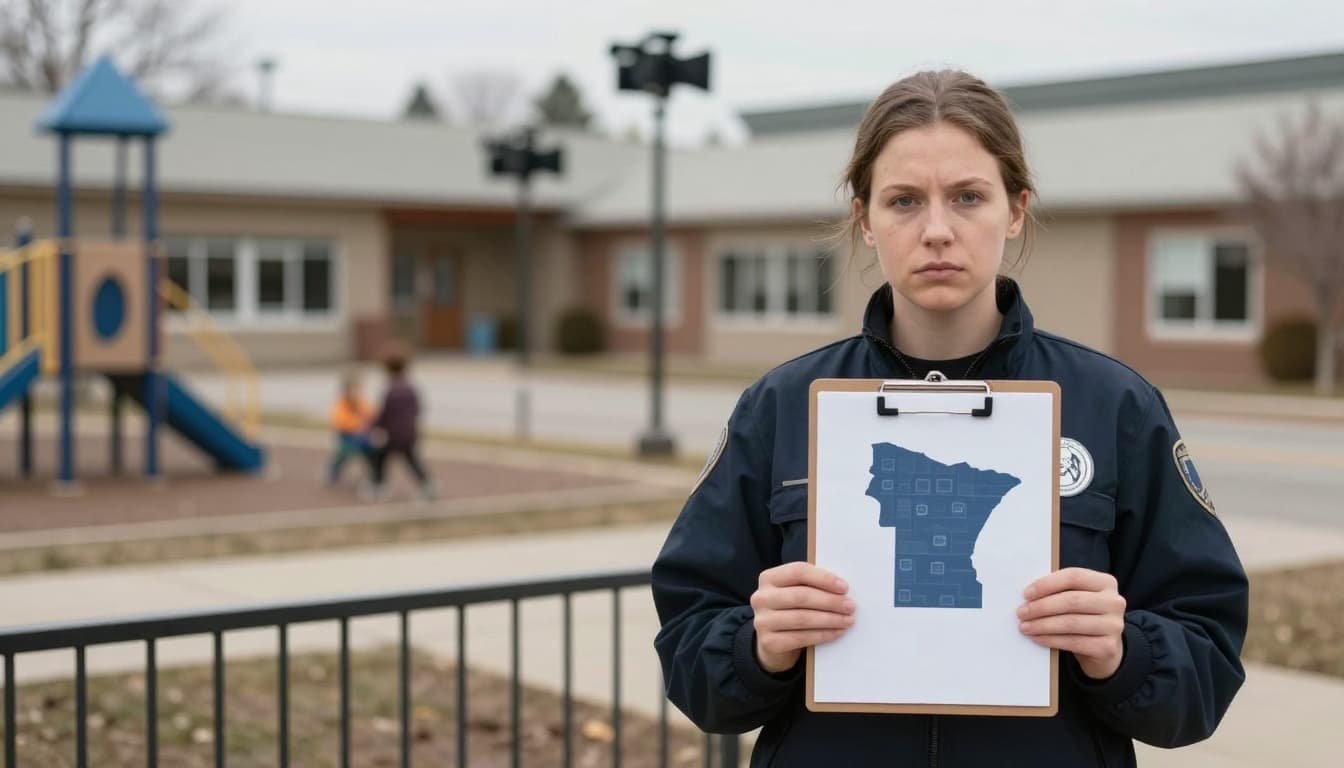Introduction
For the first time in over 50 years, the Corporation for Public Broadcasting (CPB) faces total loss of federal support. This move comes after Congress approved a federal rescissions bill aligning with President Trump’s budget—officially zeroing out CPB funding. The news signals the end of an era for public radio and television as the CPB winds down operations by September 30, 2025. The impact will touch every state, all age groups, and especially rural and underserved communities.
Why Did the Funding Stop?
The funding cut happened because of a political shift in Washington. In a partisan vote, the House passed a bill that removed $9 billion from several programs, including $1.1 billion for the CPB. This package, pushed by President Trump and Republican allies, directly targeted public broadcasters. The reasoning: Conservatives have long criticized NPR and PBS as biased and unnecessary, while supporters say these services are vital for education, emergency communications, and local journalism.
What Is the CPB and Why Is It Important?
The CPB is a nonprofit created by Congress in 1967. Its main job has been to distribute federal funds to more than 1,500 public TV and radio stations. It helps pay for:
- Local news coverage
- Children’s educational programs (like PBS Kids)
- Cultural and music shows
- Emergency alerts and civil defense systems
Removing CPB funding will hit smaller stations hardest. In many rural and tribal communities, the loss means some public stations might go dark for good.
How Will This Affect Regular People?

The effects will be felt in several ways:
- Educational programming disappears: Many families rely on free shows for children’s learning—especially in homes without internet access.
- Local news jobs are lost: Most of the CPB’s staff will be laid off by September 2025. A small transition team will work until January 2026 to wrap up business and comply with regulations.
- Remote areas lose coverage: Communities far from cities may see the loss of their only local radio or TV station.
The Human Side: Stories from the Field

Journalists, station managers, and parents are already expressing concern:
- Local reporters: Many expect layoffs and are anxious about covering topics vital to their neighbors, such as school board meetings or local emergencies.
- Station leaders: Especially in small towns, they fear their stations can’t go on without CPB support.
- Audience members: Viewers who rely on public media for trusted news and learning feel left behind.
PBS and NPR leaders stress that federal funding allowed them to serve all Americans—not just those in big cities or wealthy communities.
What About Educational Programming?

PBS Kids and other educational shows are key parts of public television’s mission. With federal funding gone, stations will struggle to air these programs, especially in areas that can’t raise enough money locally. This shift could widen education gaps for kids without reliable internet access.
Political and Legal Context
The CPB’s closure is part of larger political battles. Some lawmakers claim public media is politically biased and a waste of tax dollars. Others argue it is one of the few sources of independent, inclusive programming.
There are also lawsuits between the Trump administration and CPB board members over their appointments and dismissals. These fights show how public media funding, once bipartisan, is now deeply political.
What Happens Next?
CPB will lay off most of its staff by fall 2025. The remaining few will ensure legal compliance and pay final bills until January 2026. Local stations are seeking new ways to raise funds and keep operating, but many small outlets may not survive.
PBS and NPR say they will keep serving their communities, but warn that budget cuts will mean fewer programs, lost jobs, and less coverage—especially for marginalized populations.
Conclusion
The loss of federal support for CPB marks the end of true nationwide public broadcasting. It will be hardest on rural stations, low-income families, and places where commercial media doesn’t reach. Supporters argue public media has always been about trust, learning, and local connection. Without stable funding, the United States stands to lose a source of reliable, non-commercial information that millions rely on every day.
Key Takeaway:
The closure of the CPB is not just an institutional loss—it will have real effects on education, local news, and cultural life, especially in the country’s least-served corners.
To contact us click Here .







